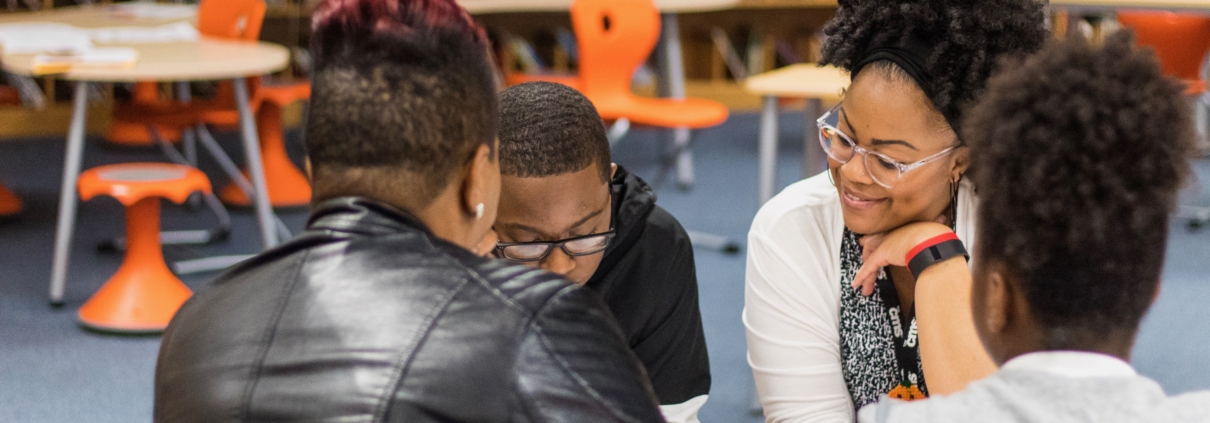#52 – The secret to strengthening family engagement? Teach the teachers
Education. Its purpose is to provide students – regardless of age, experience, or goal – with the knowledge and tools necessary to take on his or her given discipline. The bonus purpose of education is that those students thrive.
To achieve that special thrive level of success, teachers need to know and understand the whole student – to know his or her respective world; where he or she comes from; and what emotional, intellectual or operational support looks like and feels like for that student either during the education process or afterward. It’s the beginning of a relationship – one built on connection and trust.
For many school-age students, that means understanding, appreciating and working with their families and home environments.
Research supports the theory that when families are involved in a child’s education, that child performs better. And yet, many parents are often waiting for an invitation in and into this partnership. There’s no relationship, no connection, no trust. There’s really no good reason that parents and community members should be excluded from students’ education. And I’m not sure that exclusion is done purposefully. It’s more so, a lack of awareness.
When it comes to pursuing careers in education, teachers are often moving into the classroom without ever talking about a core component of their job—families and family partnership. Most teacher prep programs have no focus on families.
That needs to change. Future teachers who are currently enrolled in teacher training programs should be provided concrete strategies for connecting with families, creating relationships and building trust. There are data and research to support that, too. In an ongoing ethnographic study, Soo Hong, Associate Professor of Education at Wellesley College, examines the work of five teachers to engage families. Initial findings show that all five teacher participants find family engagement to be the best investment of their time and resources, but report they received little to no training on the subject.
So, what’s our solution?
Joyce L. Epstein, Director of the Center on School, Family, and Community Partnerships and Professor of Education in the Johns Hopkins University School of Education, argues for a stronger “chain” of professional development for teachers from preservice to in-service teachers. Even if preservice education on family engagement is increased (as it should), continuous in-service professional development is necessary so educators, admins, district leaders, parents, and community members can learn from each other and work in partnership.
Family engagement is good for kids and families. Cultivating a strong culture of family engagement has implications for teacher well-being and teacher retention that will increase the thrive factor ten-fold for everyone.
And that’s an impact that reverberates far beyond the classroom.
We’re looking forward to seeing (and working toward) improvements in:
- Family engagement integrated in teacher prep coursework + exposure while student teaching
- Quality family engagement education for practicing teachers and admins
- Strengthening the connection between professional development elements


Leave a Reply
Want to join the discussion?Feel free to contribute!